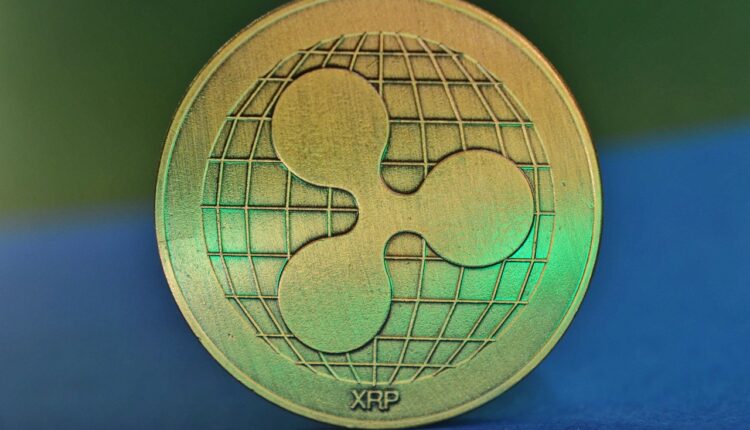The Chief Technology Officer (CTO) of Ripple, David Schwartz, has provided valuable information about the ongoing debate surrounding the burning of XRP tokens.
The debate about burning XRP tokens has been hot within the XRP community, and Schwartz’s insights shed light on the XRPL’s governance structure and the decentralized nature of the network.
The discussion primarily revolved around the authority and decision-making process concerning the XRP held in escrow and the role of validators on the XRP Ledger (XRPL).
Burn Debate Insight From Schwartz
Schwartz highlighted the importance of understanding the fundamental principles and mechanisms behind the XRPL. He explained that the XRPL operates on a consensus protocol where validators, distributed across the network, play a crucial role in maintaining the ledger’s integrity. And validators are responsible for verifying transactions and reaching a consensus on the XRPL.
Regarding the burning of XRP tokens, Schwartz emphasized that the XRPL’s design does not include a built-in mechanism for burning XRP.
The CTO also stated that changes to the XRPL’s code are governed by a decentralized process, ensuring that all participants have a voice in determining the network’s future.
So altering the XRPL’s code to incorporate such a feature would require extensive consensus and agreement from the majority of validators, around 80%.
One of the key points raised during the conversation was the claim made by an XRP community member, suggesting that the XRPL would become a permissioned network if validators had the power to determine the fate of the XRP in escrow.
This statement sparked a significant amount of discussion within the XRP community, as the decentralized nature of the XRPL has always been a critical aspect of its design.
Regarding that, Schwartz clarified that while validators play a crucial role in the XRPL’s consensus process, the network’s nodes can accept or decline amendments voted into effect by validators.
This system ensures that the power to influence the fate of the XRP held in escrow is not concentrated solely within the validators’ hands.
Instead, it allows for a decentralized decision-making process that considers the perspectives and interests of various participants.
XRP Price Dips In Recent Days
Amid the discussion in the community, the token’s price has experienced a minor decline in recent trading sessions. Over the past seven days, XRP’s price has seen a marginal decrease of 0.56%, indicating a relatively stable trend.
Within the past 24 hours, the coin has witnessed a slight downward movement, with a decline of 1.36%. This modest dip reflects the current volatility in the token market.
Related Reading: DOJ Crypto Task Force Goes After DeFi Hackers As Illicit Activity Soars
The coin is changing hands at $0.422, with a market cap and a 24-hour trading volume of $21,883,129,482 and $765,847,908, respectively.
Featured image from Pixabay and chart from Tradingview.com

